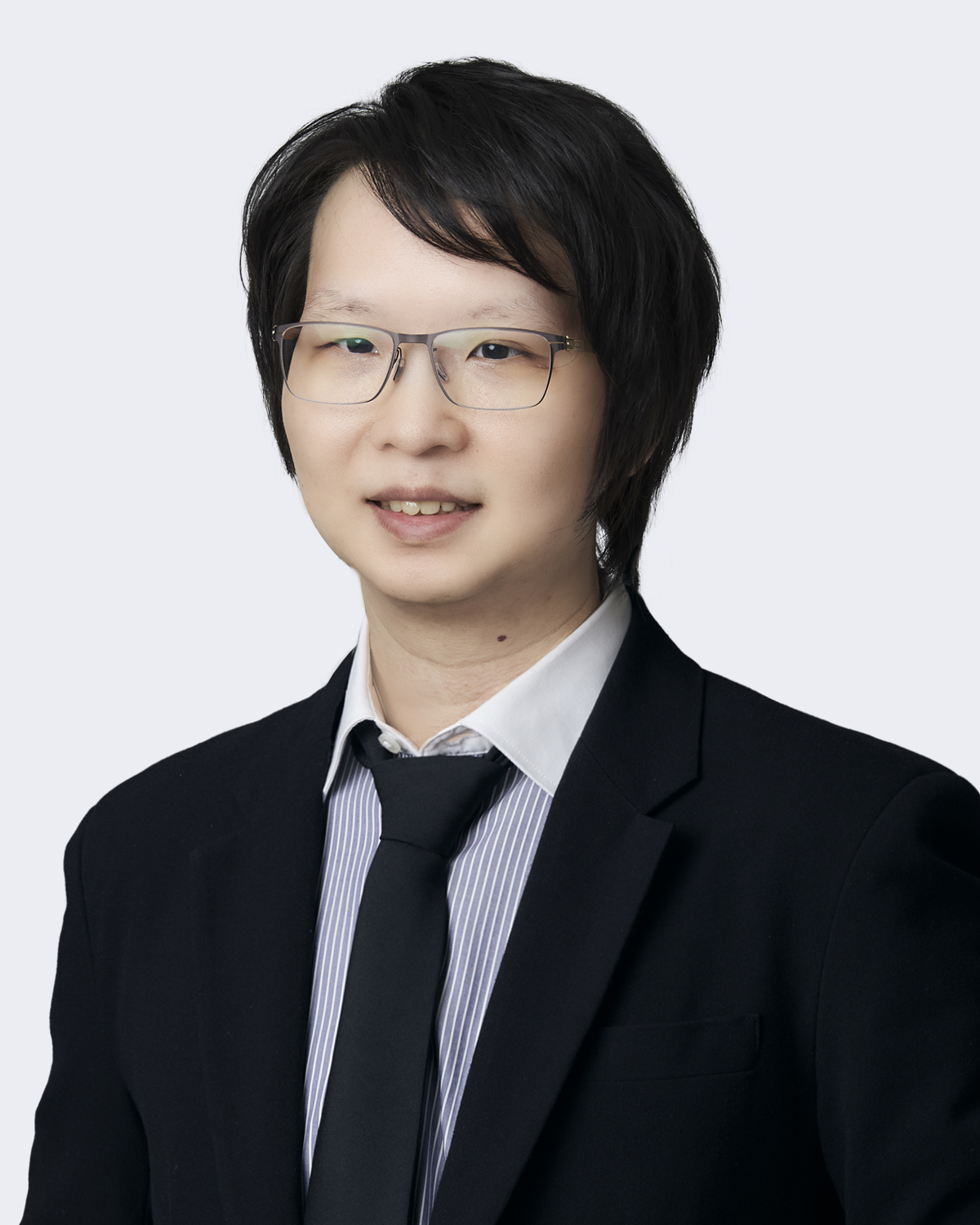On January 28, 2019, Thailand’s National Council for Peace and Order issued Order No. 1/2562 (the Order) granting the Department of Intellectual Property (DIP) the right to suspend cannabis-related patent applications on legal grounds. This development is in response to the ongoing legalization of medical cannabis in Thailand, and has raised a number of thought-provoking issues.
The NCPO Order
The Order, issued under the executive powers granted to the military government under Section 44 of Thailand’s interim constitution, includes the right to “refuse the grant of patent” if it appears that the invention under the application has a commercial application and contains:
a) cannabis or cannabinoids;
b) substances having similar structural compounds; or
c) pharmaceutically acceptable salts, esters or ethers of (a) or (b).
This order empowers the DIP Director-General to reject cannabis-related patent applications, or to request the removal of published applications that have not yet entered into substantive examination, on the grounds that cannabis-related applications are not patentable as they are against public order, morality, public health, or welfare (per Section 9(5) of the Thai Patent Act B.E. 2522 (1979).
Any affected applicants have a right to appeal to the Board of Patents, under Section 72 of the Thai Patent Act, within 60 days of receiving the cancellation order.
Amendments to the Narcotics Act
To understand the impact of this order, it is useful to understand its place in the broader context—notably the pending amendments to Thailand’s Narcotics Act (the Amendments) that will partially legalize medical cannabis in Thailand. The Amendments passed the final review stage at the National Legislative Assembly on December 25, 2018, and are currently waiting to be signed into law by the monarch. Once signed, the law will be published in the Royal Gazette, and will become effective shortly after. The practical implementation of the Amendments (including administrative procedures, application processes, required supporting documents, etc.) will depend on Ministerial Regulations to be issued at an as-yet undetermined time after the law becomes effective.
The Amendments are intended to redress the balance between regulatory control and public health needs, by relaxing regulations to allow medical uses of marijuana (both for treatment and research). It should be noted that the present “legalization” does not result in a complete freedom to use, but a new framework for streamlined licensing under set rules and conditions. Even under the amended Narcotics Act, cannabis will still classified as Category 5 Narcotic, and handling cannabis without a license from the Thai FDA will still be generally unlawful.
Given the diverse array of national objectives, the Amendments will play a role in determining what qualifies as medical cannabis, who can obtain permission to produce or research it, and how such permission can be sought.
Implications on Patenting
In the meantime, however, holders of patents relating to cannabis derivatives in other countries have sought to protect their intellectual assets in Thailand before the Amendments come into effect, to ensure that they are safeguarded when they do. This raised the difficult decision of whether to patent something that would, under existing law, potentially be unlawful to use and contrary to “public order and morality.” The Order clarifies this difficult decision by effectively providing the answer—those patents can be refused.
However, this is far from an absolute ban, and in this context the Order has merely served as the gatekeeper—deciding when to “start the game” on determining patent applications during the period before the Amendments take effect. After the Amendments take effect, the Order prescribes that deliberation of decisions to grant patents will return to normal. The consideration of public order and morality when determining patent applications for cannabis-related inventions will be undertaken based on Section 9(5) of the Patent Act and the Narcotics Act as amended. In other words, medicinal applications for cannabis would be patentable, but recreational applications would not.
Difficulties with the Order and the Amendments
Arguably, this administrative patent procedure may be viewed as a violation of the World Trade Organization Agreement on Trade-Related Aspects of Intellectual Property Rights Agreement (TRIPS). Section 27.1 of TRIPS states that patent rights shall be available in all fields of tech- nology. As such, in order to assess whether an invention is contrary to public order or morality, the same criteria must be applied to all inventions uniformly, regardless of the invention’s field.
In addition, the public order argument is also troubling. Assuming that the public order justification relates to the narcotic effects of some cannabis derivatives, in determining whether a particular commercial exploitation really is considered to disturb public order and morality, it is important to consider that a single invention may have multiple applications. The simulation or extraction of cannabinoids, in this instance, includes, but it is not limited to, recreational effects, and the non-recreational effects should be considered proportionally.
Cannabis plants contain a number of active compounds such as THC and CBD—the two most well-known cannabinoids. While THC possesses more psychoactive effects, CBD is prone to having substantial medical benefits. The fact that the cannabinoids possess both therapeutic and recreational effects, however, should not render a method of producing the non-psychoactive compound contrary to public order or morality. Regardless of whether the Amendments have currently come into force, it is incorrect to say that a medicinal application that cannot be applied recreationally, such as an application that produces CBD but cannot produce THC, is against public morality and order.
In addition, the implications of the Amendments may be different for different parties. Under the Amendments, a licensee for the medical use of cannabis must be a Thai national or a company registered in Thailand, among other restrictions.
While it cannot be denied that medicalizing cannabis in Thailand will encourage medicinal cannabis research and development in the region, it is important that they are done evenly and without such concerns to ensure that Thailand remains an optimal investment environment.






